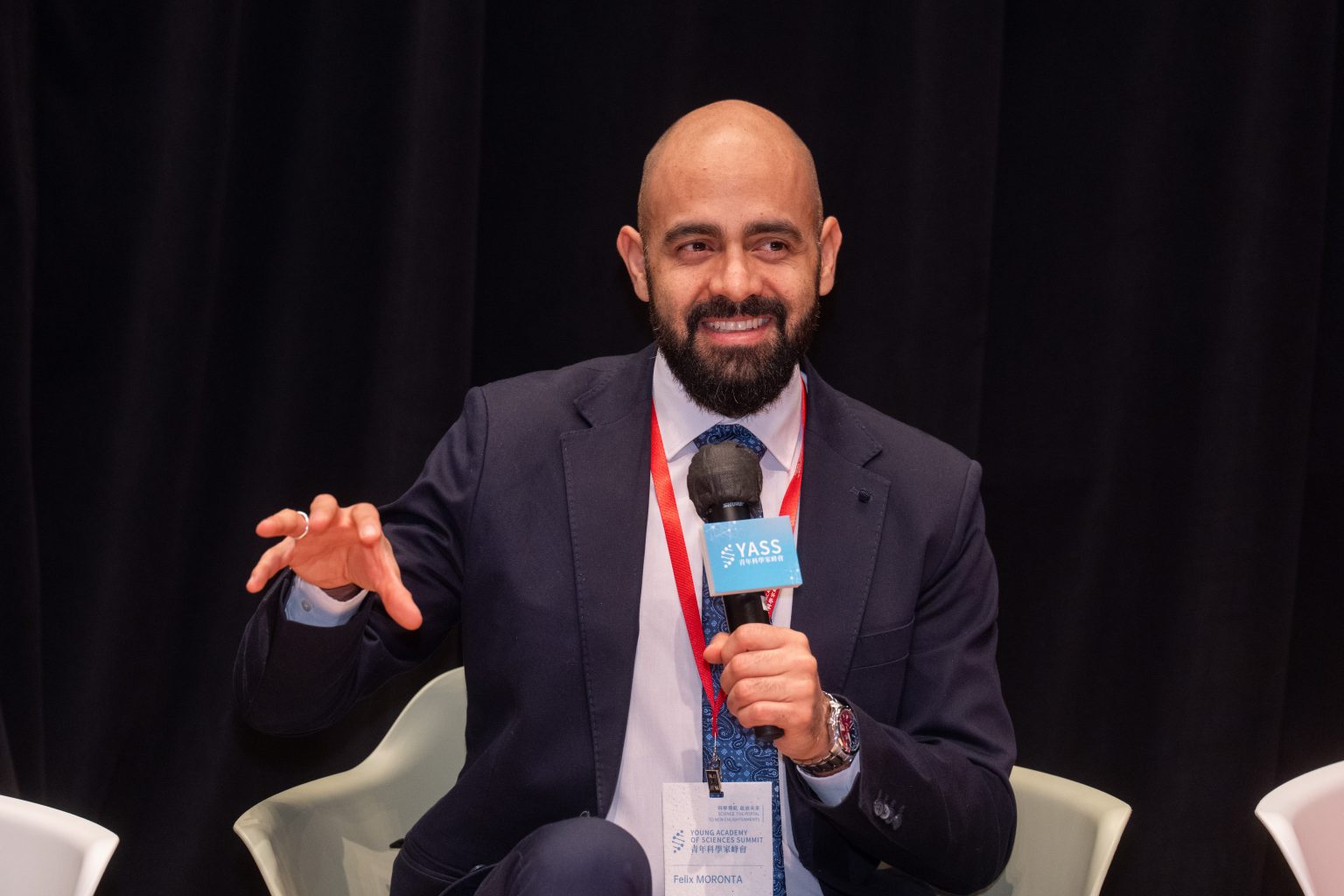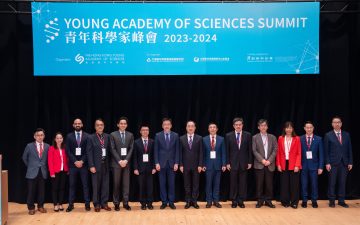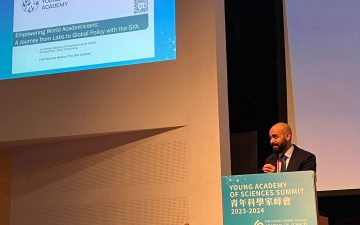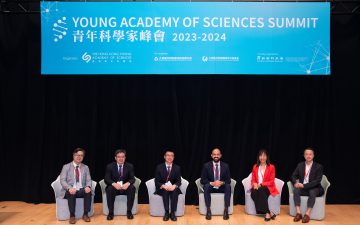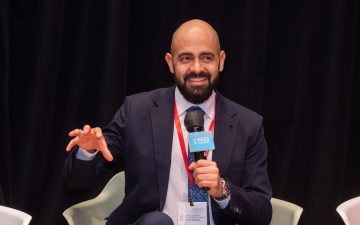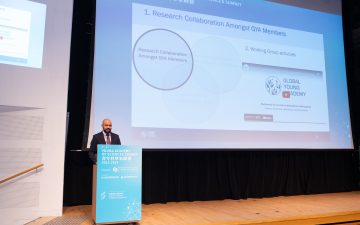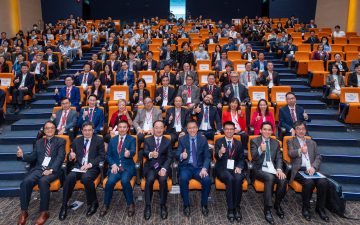In early December, GYA Co-Chair Felix Moronta (ICGEB, Italy) participated in the first Young Academy of Sciences Summit (YASS), organised by the Hong Kong Young Academy, established in 2019.
During the session titled “Success Stories of How Young Academies Groom Young Scientists into World-Class Academicians”, he delivered a presentation entitled “Empowering World Academicians: A Journey from Labs to Global Policy with the Global Young Academy.” In his talk, he underscored three fundamental pillars that contribute to the GYA’s success: fostering research collaborations among GYA Members, strategically positioning GYA Members in key partner institutions, and prioritising the development of interdisciplinary skills. For his talk, Felix was able to draw on a number of testimonials by GYA members about their GYA membership. Read a few first-hand examples here:
“With the GYA, I was not only able to co-lead the first global study on research assessment but also to serve as a steering board member of CoARA. GYA opened platforms for me as a researcher coming from a country without research infrastructure.” – Yensi Flores Bueso (University of Washington, USA).
“With a GYA WG colleague, Dr Shabana Khan, we wrote a grant and received the GDN Outstanding Research and Development Grant to address misinformation and fake news during disaster periods.” – Nova Ahmed (North-South University, Bangladesh)
“Through a Sasha Kaganski Grant, I was able to hire a talented student (who comes from a low-resourced area) to gain academic experience.” – Muhammad Hosseini (Northwestern University, USA).
“Through GYA contacts, I identified researchers from Egypt to write a joint grant. Also, two years ago, my GYA «AGM roommate» and I got a grant to organise the first Central Asia Genomics Symposium. Thanks to GYA, I had the opportunity to be PI for grants involving service, something I could have not accessed without the exposure to other partners and disciplines.” – Paulina Carmona-Mora (University of California-Davis, USA)
Following his presentation, Felix actively participated in the discussion panel, offering insights into the essential elements for success in aligning laboratory work with global policy. He also shared perspectives on how young scientists and young academies can contribute to shaping the next-generation society. Furthermore, Felix gave a televised interview on the programme “Vibrant Hong Kong” of Radio Television Hong Kong.
